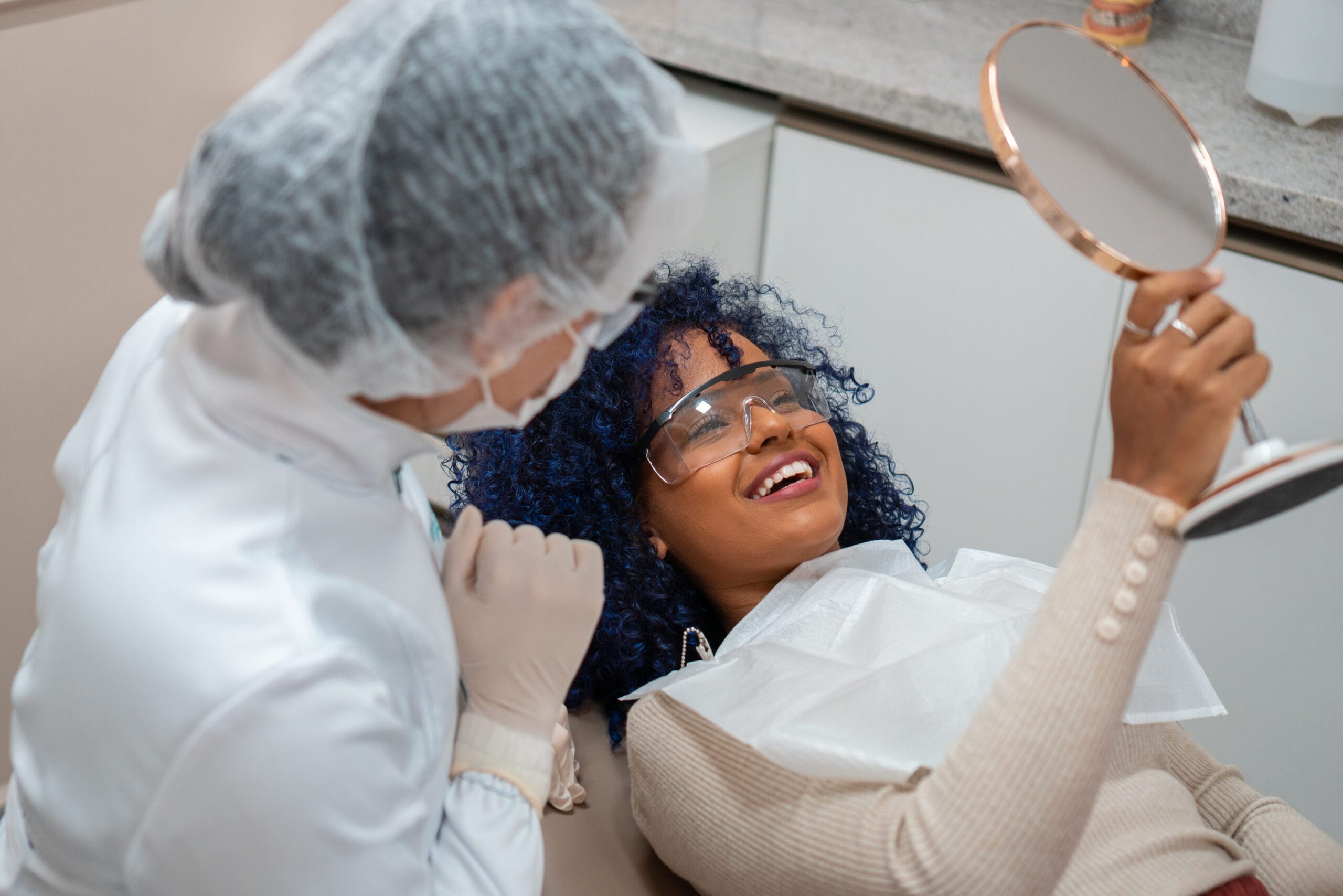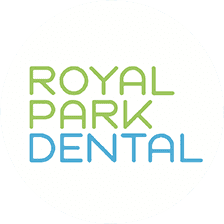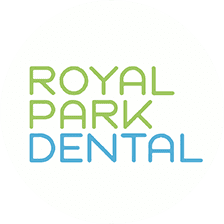Managing Pain After Wisdom Teeth Removal: Essential Tips for a Smooth Recovery
Many people get their wisdom teeth removed, but the recovery process can be uncomfortable if not properly managed. Whether your surgery is coming up or you're already in the thick of healing, we’ll share practical wisdom teeth recovery tips and proven strategies for effective wisdom teeth removal pain management so you can feel more comfortable, more in control, and a whole lot better as you heal.
Effective Pain Management: Medications and Home Remedies
Managing discomfort after oral surgery is a crucial part of the healing journey. Knowing how to manage pain after wisdom teeth removal can make all the difference in how quickly and comfortably you recover. A thoughtful combination of medications and home remedies offers a balanced approach to effective wisdom teeth removal pain management. Below, we’ve outlined practical tips to help you stay on top of pain and support a smooth recovery.
Medications:
- Ibuprofen (e.g., Nurofen, Advil): A reliable anti-inflammatory that helps reduce both swelling and pain in the days following surgery.
- Acetaminophen (e.g., Panadol, Tylenol): Offers solid relief for mild to moderate discomfort, especially for those who can't take NSAIDs.
- Prescription painkillers: Your oral surgeon may prescribe stronger medication for the early stages of recovery. Always follow their directions closely.
- No Movement: Because implants are surgically fixed into the jawbone, they won’t shift, slip, or click out of place. This provides superior comfort and reliability during eating, talking, or any other daily activities.
Home Remedies:
- Cold compress: Apply an ice pack to the outside of your cheek for 15–20 minutes at a time during the first 48 hours to reduce swelling and numb the area.
- Warm saltwater rinses: After the first day, gently rinse with warm saltwater to soothe the surgical site and help keep it clean.
- Elevated resting position: Keeping your head elevated while resting can reduce pressure and throbbing, supporting a more comfortable recovery.
- Soft foods and hydration: Stick to foods like yoghurt, smoothies, and soups. Stay hydrated, but avoid using straws as suction can interfere with healing.
By following these wisdom teeth recovery tips, you'll not only ease discomfort but also give your body the best chance at healing well.
Oral Hygiene Tips Post-Surgery: Keeping Your Mouth Clean and Healthy
Keeping your mouth clean after wisdom teeth surgery is essential for preventing infection and speeding up recovery. While it’s important to be gentle, maintaining good oral care plays a key role in effective wisdom teeth removal pain management. Poor hygiene can lead to complications like dry socket or delayed healing, so knowing the right steps to take is crucial. Here are some practical wisdom teeth recovery tips focused on safe and effective oral hygiene after wisdom teeth removal.
- Brush carefully: Resume brushing the day after surgery, but avoid the extraction sites. Use a soft-bristled toothbrush and take your time to clean the surrounding teeth without disturbing the healing area.
- Rinse with saltwater: Starting 24 hours after surgery, gently rinse your mouth with warm saltwater several times a day, especially after meals. This helps reduce bacteria, soothe sore tissues, and promote healing.
- Avoid commercial mouthwash: Many store-bought mouthwashes contain alcohol, which can irritate sensitive areas and slow healing. Stick to saltwater rinses unless your dentist recommends an alternative.
- Don’t skip oral care: Even though it might be tempting to avoid brushing or rinsing due to discomfort, skipping these steps can increase your risk of infection and prolong recovery.
- Stay hydrated: Drinking water helps keep your mouth clean and supports overall healing, but be sure to sip slowly and avoid straws.
Incorporating these hygiene practices into your daily routine will not only help prevent complications but also support overall comfort and faster healing, an important part of smart wisdom teeth removal pain management
Signs of Complications: When to Contact Your Dentist
While some discomfort and swelling are normal after wisdom teeth removal, it's important to know the difference between typical healing and signs of a possible complication. Recognising the red flags early can help prevent more serious issues and ensure your recovery stays on track. If you’re unsure when to contact a dentist after wisdom teeth surgery, watch out for the following symptoms and don’t hesitate to seek professional advice.
- Persistent or worsening pain: Some soreness is expected, but if the pain intensifies several days after surgery instead of improving, it may be a sign of dry socket or infection.
- Excessive swelling or bleeding: Swelling usually peaks around day two or three and should gradually subside. If it worsens or bleeding continues after the first 24 hours, contact your dentist.
- Fever or chills: A raised temperature may signal an infection that requires prompt medical attention.
- Bad taste or foul smell: This could indicate an infection or trapped food particles in the surgical area.
- Pus or discharge: Any sign of oozing from the wound should be assessed by a professional.
- Difficulty opening your mouth or swallowing: This may point to inflammation spreading beyond the surgical site and needs to be evaluated.
Knowing when to contact a dentist after wisdom teeth surgery is just as important as following aftercare instructions and wisdom teeth recovery tips. If you notice any of these signs, don’t wait—reaching out to your dentist early can make a big difference in preventing further complications.
Why Choose Royal Dental Park for Your Wisdom Teeth Removal and Recovery

When you choose Royal Dental Park for wisdom teeth removal, you’ll receive expert care every step of the way. We offer personalised treatment plans, clear aftercare instructions, and practical guidance to support effective wisdom teeth removal pain management and a smooth recovery.
Our friendly, experienced team is here to answer your questions and ensure you feel at ease throughout the process. With Royal Dental Park, you’re choosing trusted care, modern techniques, and a commitment to your comfort and long-term oral health. Book an appointment with us today!



